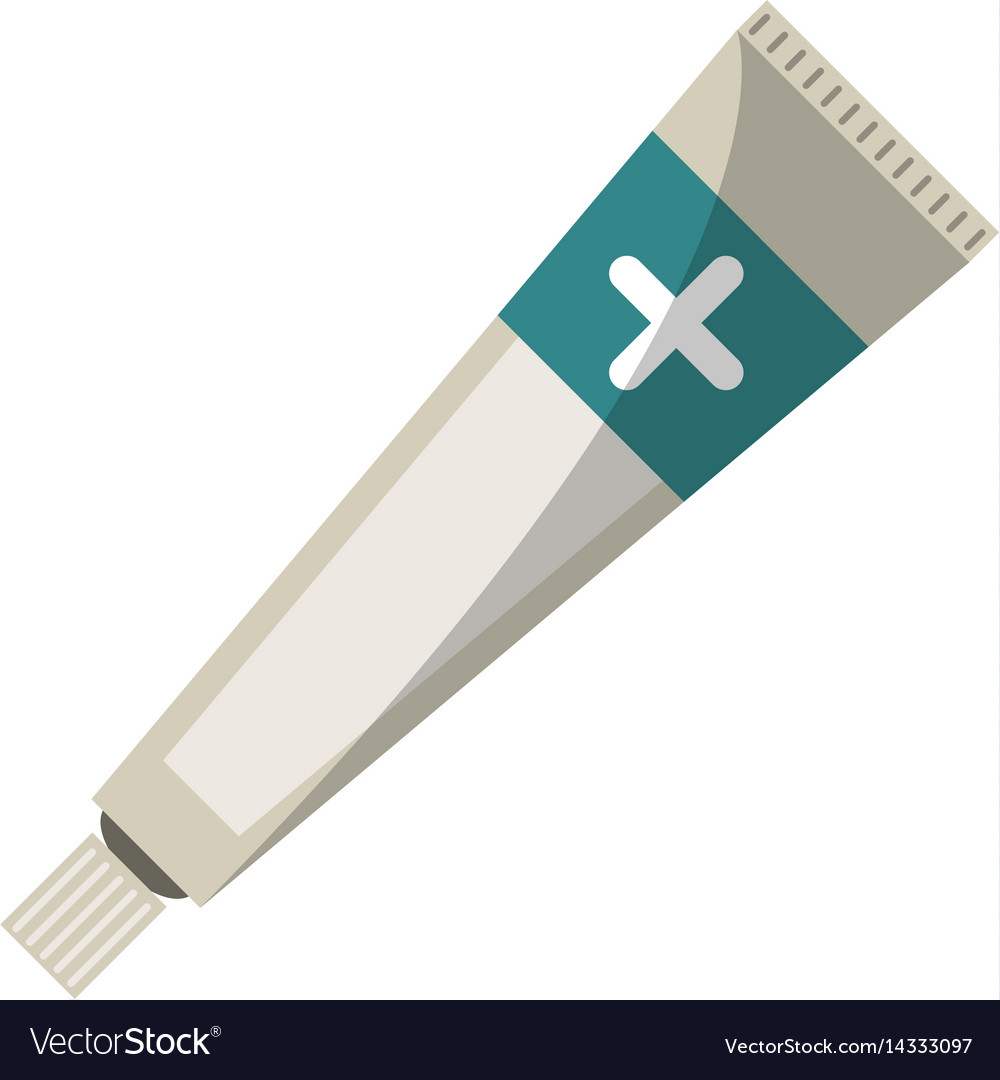Isotretinoin (Topical)
Indications
Isotretinoin topical gel is indicated for the treatment of mild to moderate inflammatory and non-inflammatory acne vulgaris.
Pharmacology
Isotretinoin produces its effects through altering progress through the cell cycle, cell differentiation, survival, and apoptosis. These actions reduce sebum production, preventing the blockage of pores, and growth of acne causing bacteria. Isotretinoin and 4-oxo-isotretinoin both significantly reduce the production of sebum. Isotretinoin has little to no affinity for retinol binding proteins (RBPs) and retinoic acid nuclear receptors (RARs). Tretinoin and 4-oxo-tretinion bind to the RAR-γ receptor, which is suspected to be part of the action of acne treatment by isotretinoin. Isotretinoin induces apoptosis in sebocytes, leading to a decrease in sebum production. Isotretinoin also reduces the formation of comedones by reducing hyperkeratinization through an unknown mechanism. Isotretinoin does not directly kill bacteria but it does reduce the size of sebum ducts and makes the microenvironment less hospitable to acne causing bacteria. It may also increase immune mechanisms and alter chemotaxis of monocytes to reduce inflammation.
Dosage And Administration
Apply Isotretinoin 0.05% gel cautiously over the affected area once or twice daily. Patients should be advised that 6-8 weeks of treatment may be required before a therapeutic effect is observed. The safety and efficacy of Isotretinoin have not been established in children since acne vulgaris rarely present in this age group. There are no specific recommendations for use in the elderly. Acne vulgaris does not present in the elderly.
Interaction
Concomitant topical medication should be used with caution during therapy with Isotretinoin. Particular caution should be exercised when using preparations containing a peeling agent (for example Benzoyl Peroxide) or abrasive cleansers.
Contraindications
Isotretinoin 0.05% gel is contra-indicated in patients with known hypersensitivity to Isotretinoin.
Side Effects
In normal use, Isotretinoin may cause stinging, burning or irritation; erythema and peeling at the site of application may occur. If undue irritation occurs, treatment should be interrupted temporarily and resumed once the reaction subsides. If irritation persists, treatment should be discontinued. Reactions will normally resolve on discontinuation of therapy.
Pregnancy And Lactation
Pregnancy Category B. There is inadequate evidence of the safety of topically applied Isotretinoin in human pregnancy. Isotretinoin has been associated with teratogenicity in humans when administered systemically. Reproduction studies conducted in rabbits using Isotretinoin applied topically at up to 60 times the human dose have, however, revealed no harm to the foetus. The use of Isotretinoin should be avoided during pregnancy. Percutaneous absorption of Isotretinoin from Isotretinoin 0.05% gel is negligible. It is not known, however, whether Isotretinoin is excreted in human milk. Isotretinoin should not be used during lactation.
Precautions And Warnings
Contact with the mouth, eyes and mucous membranes and with abraded or eczematous skin should be avoided. Care should be taken not to let the medication accumulate in skin fold areas and in the angles of the nose. Application to sensitive areas of skin, such as the neck, should be made with caution. Although Tretinoin has not been shown to initiate or promote carcinogenesis in humans, Tretinoin applied topically to albino hairless mice had resulted in a dose-related acceleration in ultraviolet-B radiation induced cutaneous tumours. The same author also observed the opposite effect in another study of low, non-irritating concentrations of Tretinoin. The significance of these findings as related to man is unknown; however, caution should be observed in patients with a personal or family history of cutaneous epithelioma. Exposure to sunlight of areas treated with Isotretinoin should be avoided or minimised. When exposure to strong sunlight cannot be avoided a sunscreen product and protective clothing should be used. Patients with sunburn should not use Isotretinoin due to the possibility of increased sensitivity to sunlight. The use of sunlamps should be avoided during treatment.
Overdose Effects
Acute overdosage of Isotretinoin has not been reported to date. Accidental ingestion of Isotretinoin resulting in overdosage of Isotretinoin could be expected to induce symptoms of hypervitaminosis A. These include severe headaches, nausea or vomiting, drowsiness, irritability and pruritus.
Therapeutic Class
Topical retinoid and related preparations
Storage Conditions
Store in a cool and dry place, protected from light.
